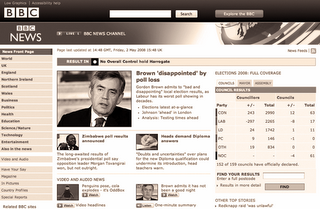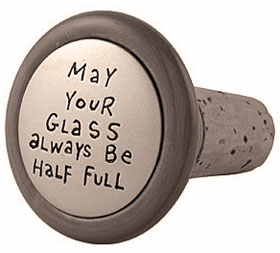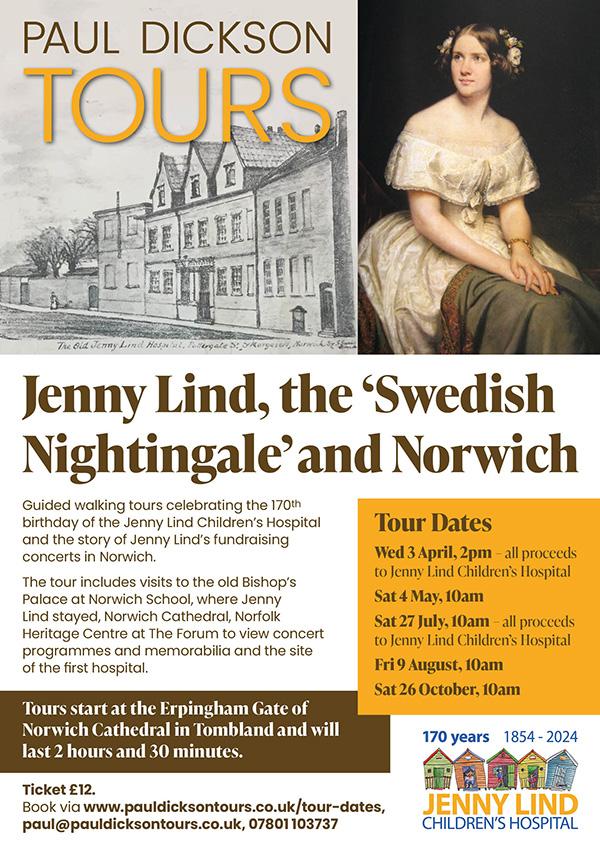Have you heard any good news recently? Something that made you feel good. The Media seems to have a knack of bringing doubt into anything they tell us about that is being done for somebody’s benefit. Perhaps, because of their concern about the competition, just reporting the facts is not enough. They go to such great lengths to elaborate even the smallest item of news that by the time its ready for presentation it could easily be taken as a contender for a late night drama.
It is difficult to imagine any member of our Society wanting to see people who are distressed, traumatised and suffering dragged in front of cameras or pictured in the newspapers. Of course, the presentation has to be interesting or nobody would read or listen to it but surely, the public should be allowed to draw their own conclusions from facts truthfully reported.
Did You Know? At first it was competition from the radio and then television that forced the newspapers to change. Hitherto, their only competitors had been other publishers. Suddenly they found that by the time their reports reached the public it was old news. They all altered their content and style and some their format in an attempt to maintain their share of a dwindling market.
 This has now gone so far that today they resemble and possibly compete with the numerous magazines on offer. In the tabloids, for every page carrying news there seems to be at least half a dozen giving advice on such things as which medicines are best for us, what we should eat, how to keep fit and the way the most popular icons dress and behave.
This has now gone so far that today they resemble and possibly compete with the numerous magazines on offer. In the tabloids, for every page carrying news there seems to be at least half a dozen giving advice on such things as which medicines are best for us, what we should eat, how to keep fit and the way the most popular icons dress and behave.
Unfortunately, they rarely report on the actions or exploits of celebrities that might set a good example to the young and vulnerable in our Society. Most of the stories, often with explicit pictures, concern their private lives and would have us believe they spend all of their leisure time clubbing, boozing and taking drugs or spending millions on exotic holidays or things they only really want if they are bigger or better than anyone else’s.
 When ITV came on the scene in the 1950’s one major concern was the possibility of someone taking the opportunity to ‘brainwash’ the public. Measures, which are still in place, were taken to ensure this didn’t happen. Likewise, only programmes suitable for family viewing were shown before nine o’clock. This ruling also applied to advertisements. Has anyone noticed how, as each year passes, the stringent rules that were strictly observed seem to be relaxing more and more.
When ITV came on the scene in the 1950’s one major concern was the possibility of someone taking the opportunity to ‘brainwash’ the public. Measures, which are still in place, were taken to ensure this didn’t happen. Likewise, only programmes suitable for family viewing were shown before nine o’clock. This ruling also applied to advertisements. Has anyone noticed how, as each year passes, the stringent rules that were strictly observed seem to be relaxing more and more.
All sorts of ‘X’ rated material is now creeping into every kind of programme. Furthermore, even after the watershed, do the general public really want quite so much violence, sex and bad language? What has happened to good old fashioned entertainment?
The newspapers, although in competition with TV, are not likely to make an issue of this or lodge any sort of complaint about it. While they are only able to write about yesterdays news they too seem to depend on sordid and degrading stories about so called Stars and Icons some of whom they had spent months building up and putting on a pedestal.
 While we continue to buy our newspapers and pay to watch television perhaps we should remember that most of what we are getting we don’t need and in most cases don’t even want. How many of us actually take any notice of the TV adverts? Who wants to watch the same thing repeated time after time?
While we continue to buy our newspapers and pay to watch television perhaps we should remember that most of what we are getting we don’t need and in most cases don’t even want. How many of us actually take any notice of the TV adverts? Who wants to watch the same thing repeated time after time?
Next time your paper drops through your letterbox just thumb through it and see what proportion is of interest to you. Do you look at the pages of house adverts, cars for sale, loans and mortgages for everyone, advice on diet, health and fitness matters etc. Then of course, there’s always the sports pages which many people turn to first but these too seem to prioritise the scandal and frolics that go on outside the fields of competition.
To add to all of this there are enclosures every day advertising everything from holidays and household goods to the easiest way to cut the costs of your funeral. It is amazing how much we are willing to pay for what we don’t want.
 Newspapers and commercial TV are both an important part of our Society and neither of them could survive without the revenue they get from advertisers. However, TV programmes need the volume of viewers if they are to attract advertisers. The newspapers require maximum sales for the same reason. If they were wholly dependant on the income they received from sales the cost of our ‘Daily’ would be prohibitive.
Newspapers and commercial TV are both an important part of our Society and neither of them could survive without the revenue they get from advertisers. However, TV programmes need the volume of viewers if they are to attract advertisers. The newspapers require maximum sales for the same reason. If they were wholly dependant on the income they received from sales the cost of our ‘Daily’ would be prohibitive.
The media has a powerful influence and great responsibility. Nevertheless, it is completely dependant on the public’s support. Surely its main role is to report the facts, advise and entertain us. So wouldn’t it be great if they all recognised this and started to take notice of what Mr Everyman really wants? Lets be presented with the glass ‘half full’ with more emphasis put on good news and achievements and less ‘What if’s?’. Give citizens and particularly our youngsters more praise and congratulations when and where it is due and stop publicising those that do wrong in such detail. In many cases it can boost their ego and be very counter-productive!
Lets be presented with the glass ‘half full’ with more emphasis put on good news and achievements and less ‘What if’s?’. Give citizens and particularly our youngsters more praise and congratulations when and where it is due and stop publicising those that do wrong in such detail. In many cases it can boost their ego and be very counter-productive!
valley lad – [FORTY-EIGHT]









